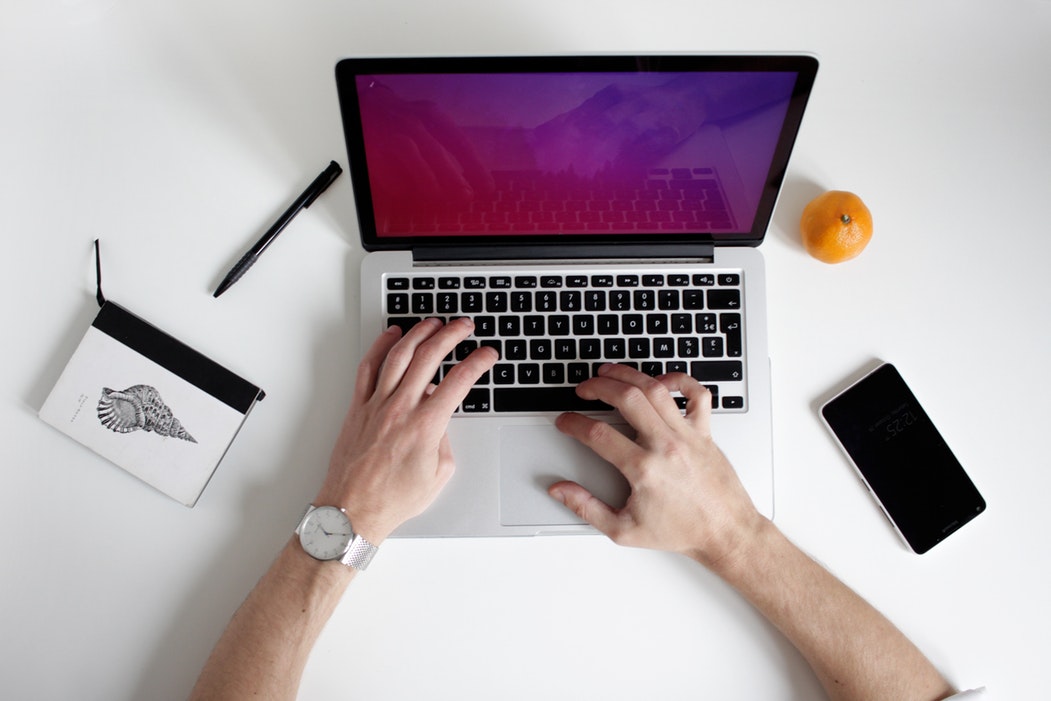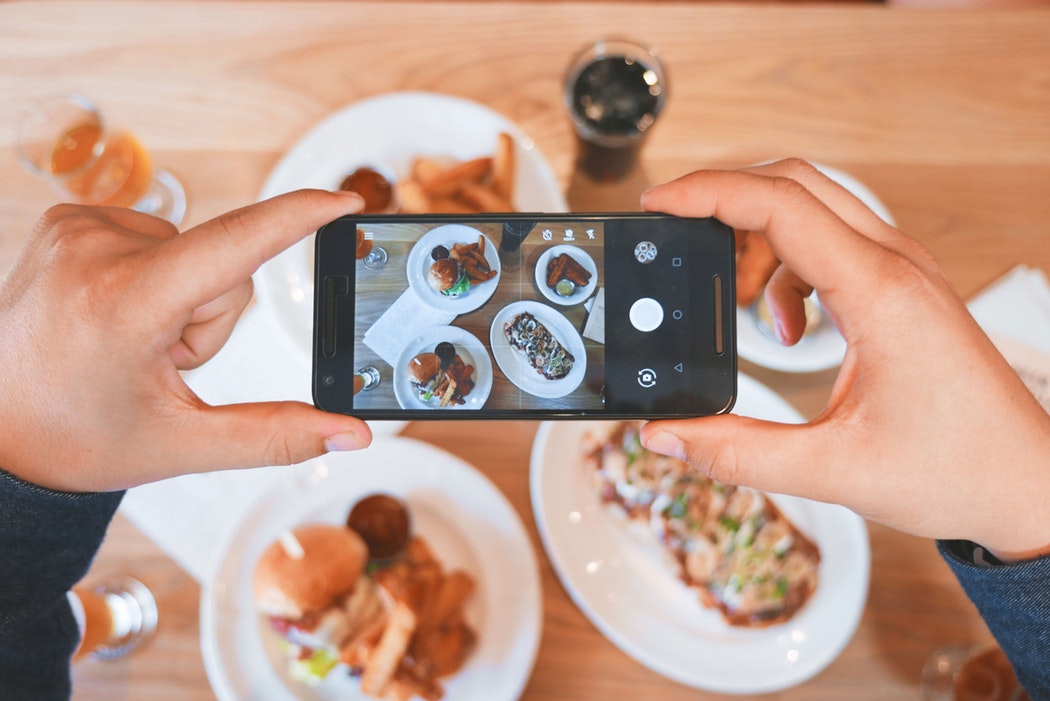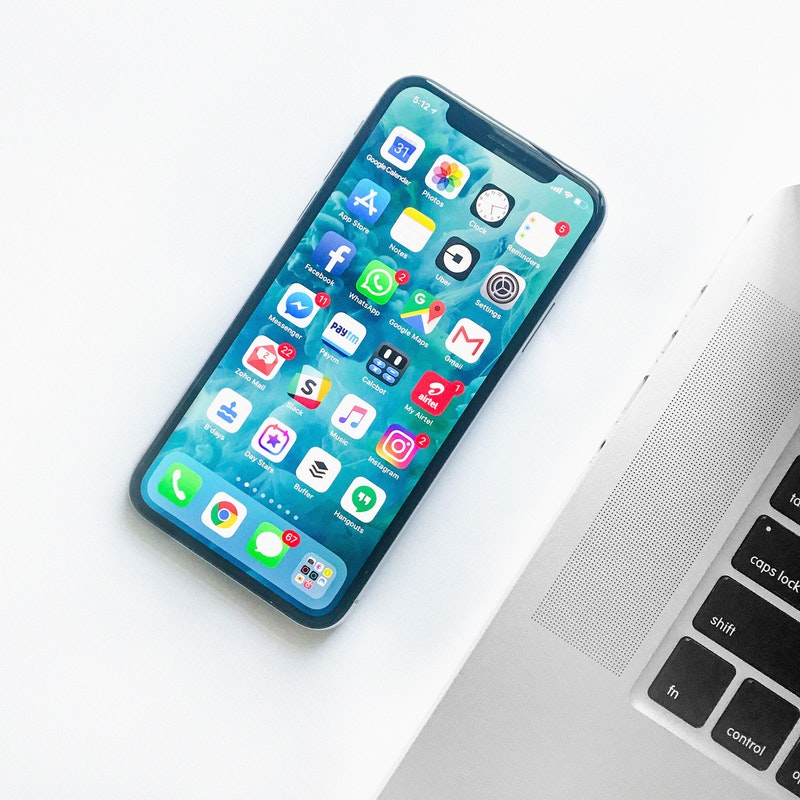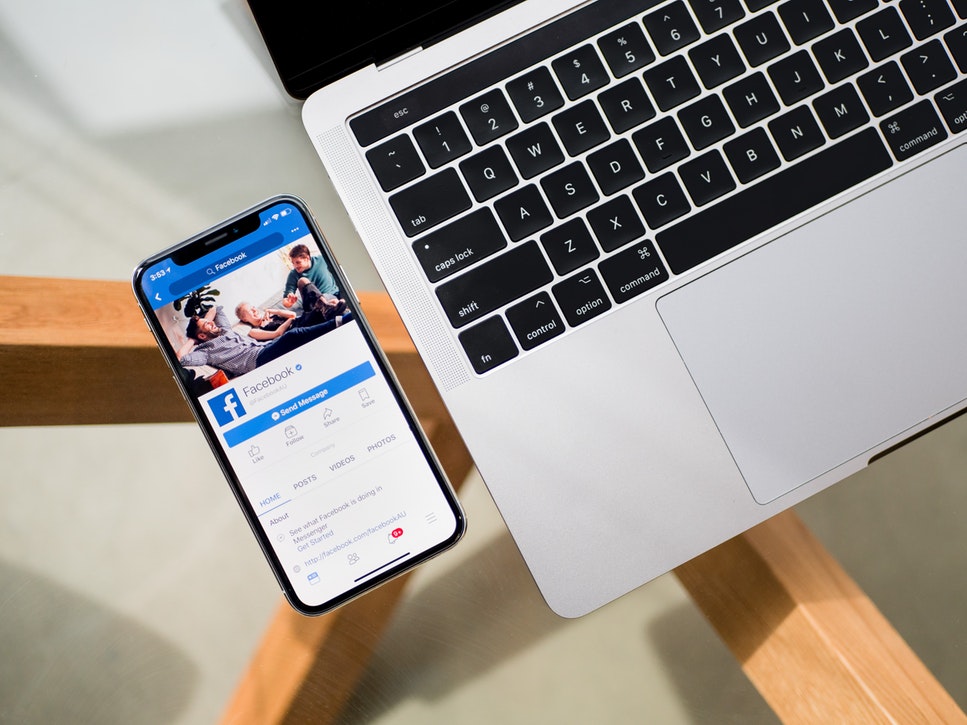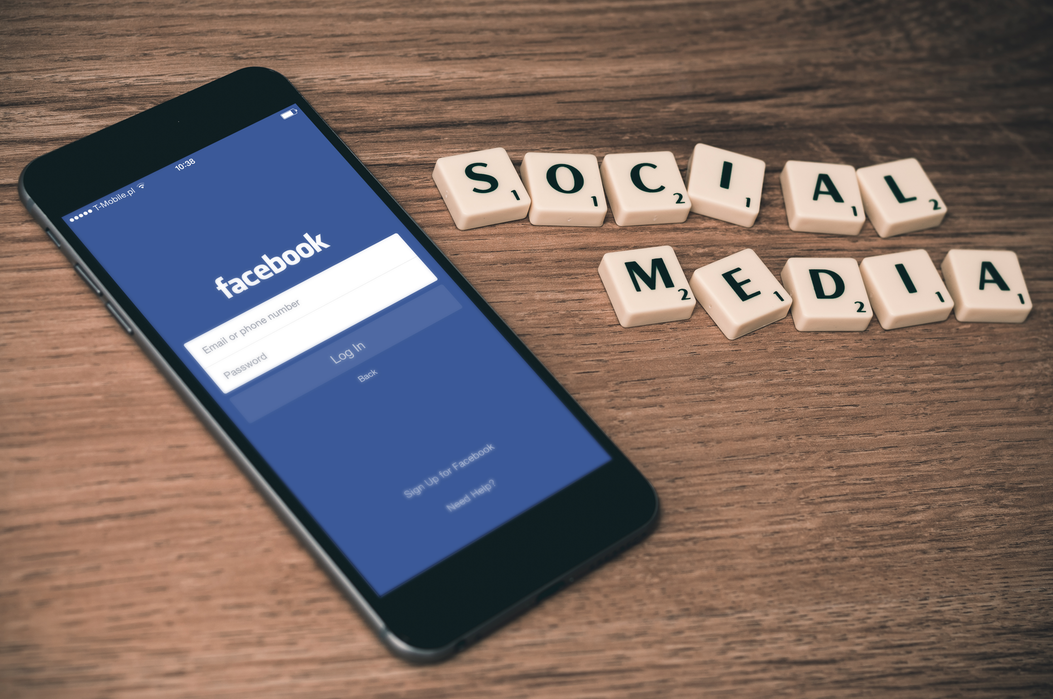In recent years, social networks have become such an integral part of our lives that in many cases they even replace real contact. Every day we enter new and new stimuli for likes and comments, which acquire an absurd value for us. A targeted break from social media may seem impractical to many, but it is definitely beneficial.
Extremely online
A new slang term is spreading wildly among Internet users: "extremely online". Someone who is extremely online will not miss a single Facebook trend. But not only someone who is extremely online needs a break from the virtual world from time to time. Over time, we slowly stop realizing how much of our lives we spend staring at a computer monitor or smartphone screen, and how unnatural it is.
Kif Leswing, editor of the Internet magazine Business Insider, confided in one of his recent articles that he found himself "online too much". By his own words, he could hardly concentrate on anything and struggled with the constant urge to pick up his smartphone every now and then and check his Twitter, Instagram and Facebook feed. Dissatisfaction with this state of affairs led Leswing to decide to order an annual "offline month".
Being 100% and uncompromisingly offline is not feasible for everyone. A number of work teams negotiate through Facebook, while others make a living from managing social networks. But it is possible to significantly limit how social networks interfere with our personal, private lives. Leswing chose December as his "offline month" and set two simple rules: don't post on social media and don't view social media.
Name your enemy
The first step to "cleansing" is to realize which social networks are the most problematic for you. For some it can be Twitter, for someone else they can't do without feedback on their photos on Instagram, someone can be literally addicted to Facebook statuses or following their friends on Snapchat.
If you have trouble charting which social network you spend the most time on, you can call your iPhone for help. From the home screen, visit Settings -> Battery. In the "Battery Usage" section, when you tap the clock symbol in the upper right corner, you'll see information about how long you've been using each app. You might be surprised at how much time social media takes out of your day.
A bottomless virtual cup
The next step, not very easy and not always feasible, is to completely remove the incriminating applications from your smartphone. Social networks on our smart devices have one common denominator, which is a never-ending feed. Former Google design team member Tristan Harris called this phenomenon the "bottomless bowl," from which we tend to eat huge amounts of food by constantly refilling it. Social networking apps are constantly feeding us with new and new content that we are slowly becoming addicted to. "News feeds are deliberately designed to give us a constant incentive to scroll on and on and give us no reason to stop". Removing the "tempter" from your smartphone will solve a large part of the problem.
If for any reason you can't afford to completely delete the apps in question, you can turn off all notifications in your phone's settings.
It could be interest you
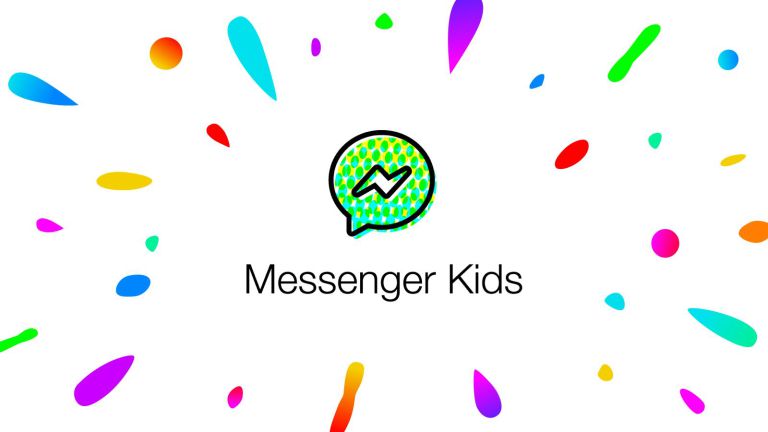
Draw attention to yourself. Or not?
The last thing you can—but don't have to—do is alert your friends and followers that you're planning to take a break from social media. Kif Leswing always schedules a social media hiatus status on December 1st. But this step can be risky in a way - your social media post will get reactions and comments that will force you to review and react more. A good compromise is to alert selected close friends via SMS or email about the break so they don't have to worry about you.
Don't give up
It may happen that, despite the pause, you "slip", check social networks, write a status or, on the contrary, react to someone's status. In this case, a break from social networks could be compared to a diet - a one-time "failure" is not a reason to stop it immediately, but neither is it a reason for regrets.
Try to approach your "anti-social" month as something that will enrich you, bring you new opportunities and save you a lot of time and energy. Eventually, you may find yourself not only looking forward to your annual "non-social" month, but perhaps taking more frequent or longer breaks.
Kif Leswing admits that he even managed to solve a number of psychological problems by taking a break from social media, and he himself now feels stronger than before. But don't count on a break as something that will magically improve your life. At first, you may not know what to do with the time spent in queues, waiting for the bus or at the doctor. You don't have to completely separate yourself from your smart device during these moments - in short, try to fill this time with something of quality that will benefit you: listen to an interesting podcast or read a few chapters of an interesting e-book.
Source: BusinessInsider
